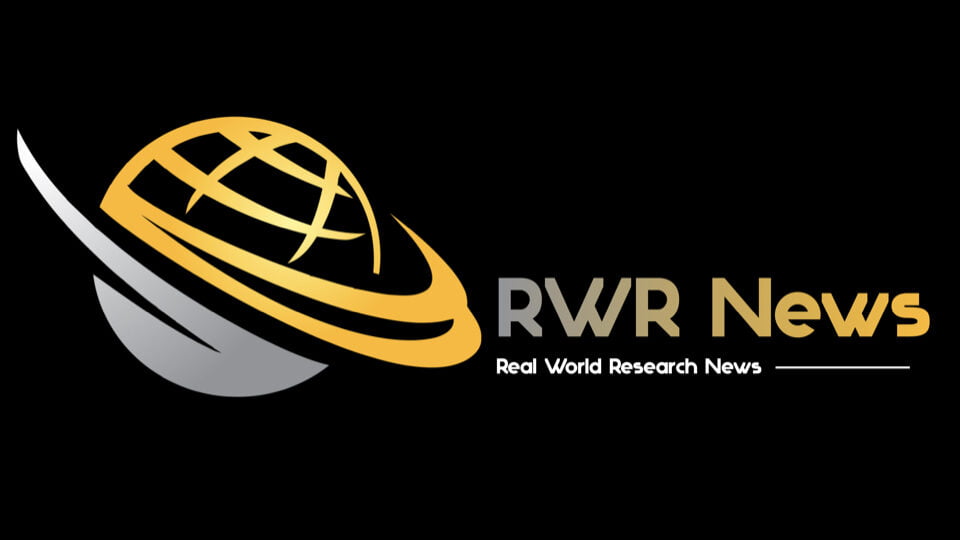
CONTEXT: An interesting article on how our industry is so slow to adapt to change or is it that we cling to what we know and love? Either way, the world flipped with the COVID pandemic and we need to move quicker to avoid the next one. Yes, the next one. You know it’s coming, just when and how bad depends on how well we prepare for it. Initiatives like FAIR, feel like the right way to go, for humanities sake.
IMPACT: High
READ TIME: 5 mins
Quality Level Mean [1 – 10]: 9
1. “In May 2018, the EU published a report estimating that not having FAIR (Findable, Accessible, Interoperable and Reusable) research data costs the European economy at least €10.2bn every year.”
2. “To build such in-depth patient and product profiles, life sciences companies need access to greater volumes of data external to their organisation, including:. • Public domain sources (such as PubMed, ClinicalTrials.gov, FDA);. • Commercial intelligence (such as Sitetrove, Pharmaprojects, Pharmapremia);. • Data provided by contract research organisations (CROs); and. • Real-world evidence (such as electronic health records (EHR), patient self-reporting).”
3. “When organisations begin the FAIRification journey, they face some common challenges, including:. • Unstructured legacy data – often data are not tagged, contain haphazard names or identifiers and lack common terminology;. • Data silos and trapped historical data – technologies used in previous research are likely obsolete or no longer supported; often personnel responsible for creating original datasets have moved on, leading to data becoming inaccessible or uninterpretable;. • Scientific complexity – machine-readable representations of biological information can quickly become extremely complex;. • Ontology management – there are multiple competing ontologies and vocabularies, often even in a single organisation, with little standardisation across the industry; and. • Cultural barriers – changing the culture of an organisation can be one of the most challenging tasks; researchers and organisations are typically very protective of even non-proprietary data.”
4. “This includes The Pistoia Alliance, a non-profit group advocating for better data sharing in life sciences, which offers a free FAIR toolkit for implementation.”
5. “Some parts of FAIR may be more important to one group than another, for example ‘findable’ might be your priority to begin with, but even small steps will help improve data quality and management, to aid future innovation.”
